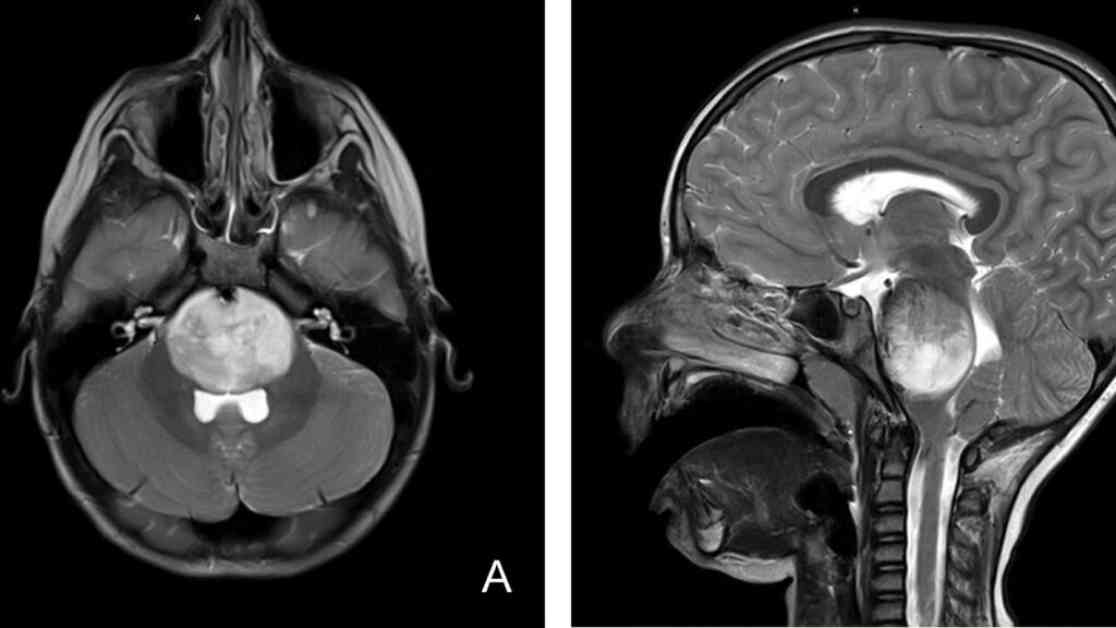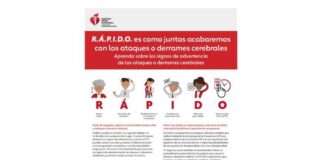Michelle Monje-Deisseroth, a medical student about 20 years ago, treated patients with a type of brain tumor called diffuse intrinsic pontine gliomas, or DIPG. These tumors are difficult to treat because they wrap around the brainstem and traditional treatments like chemotherapy or surgery are not effective. Unfortunately, most children with DIPG do not survive beyond a year.
Throughout her career, Monje-Deisseroth focused on studying DIPG and similar tumors that develop on the thalamus and spinal cord. She conducted research in her lab at Stanford University, studying how these cancers spread. While there was progress in understanding the science behind these tumors, there were limited treatment options for patients until June 2020.
In June 2020, Monje-Deisseroth initiated a trial using engineered cells known as CAR-Ts to target a specific vulnerability on the surface of the tumor that she had identified. The results of this trial, involving the first 11 patients, were published in the journal Nature. While nine patients eventually passed away, four of them experienced significant tumor shrinkage. One patient, a 20-year-old named Drew, is currently in complete remission 30 months after receiving the treatment.
This groundbreaking approach to treating aggressive brain tumors in young patients shows promise in improving outcomes for individuals facing these challenging diagnoses. The use of CAR-T therapy represents a new frontier in cancer treatment, offering hope to patients and their families.
The success of this trial highlights the importance of ongoing research and innovative treatment strategies in the field of oncology. It also underscores the dedication and perseverance of medical professionals like Michelle Monje-Deisseroth, who are committed to finding new ways to combat devastating diseases like DIPG.
Moving forward, continued investment in research and clinical trials will be crucial in further developing and refining CAR-T therapy for the treatment of brain tumors and other forms of cancer. The collaboration between scientists, medical professionals, and patients is essential in driving progress and improving outcomes in the fight against cancer.


















